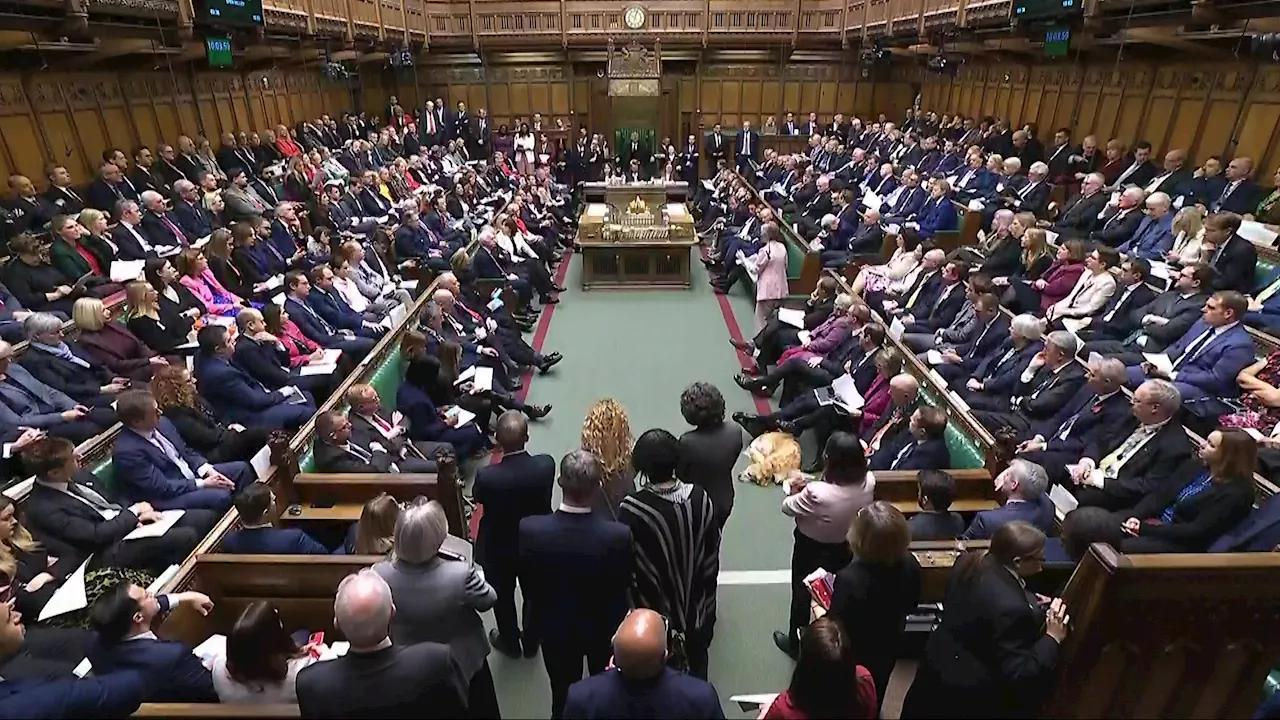The UK House of Commons has voted in favour of legalising assisted dying for terminally ill patients with less than six months to live, marking a significant step towards changing the law. The debate was emotional, with concerns raised about the implications of creating a 'state suicide service' and inadequate palliative care.
MPs have approved a proposal to legalise assisted dying for terminally ill adults with less than six months to live, passing the second reading with a majority of 55. The measure cleared its initial hurdle with a vote of 330 to 275. Supporters advocate for greater control at the end of life, arguing the proposals offer a compassionate choice for those enduring unbearable suffering alongside palliative care .
Critics, however, warn of creating a 'state suicide service' and highlight inadequate funding for palliative care, expressing fears that dying patients may feel like a burden on their families
Assisted Dying Parliament Terminal Illness Palliative Care Healthcare
United Kingdom Latest News, United Kingdom Headlines
Similar News:You can also read news stories similar to this one that we have collected from other news sources.
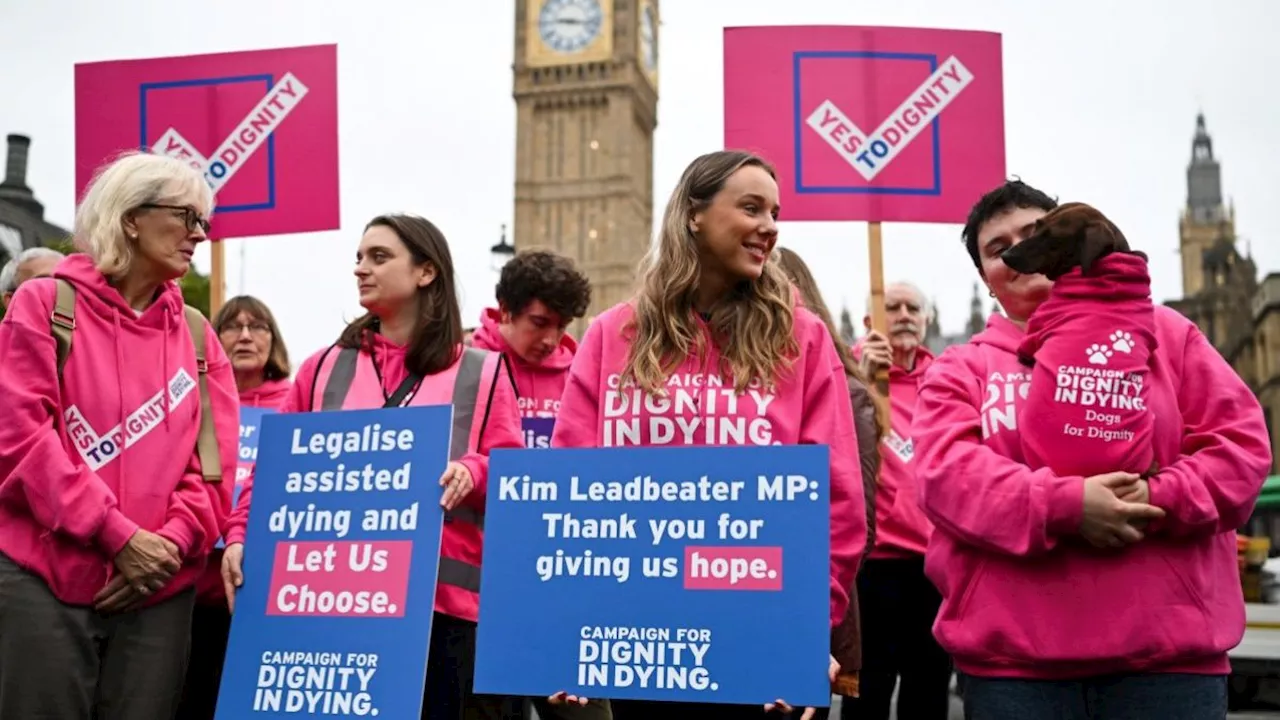 Assisted dying vote updates: MPs must vote against bill if they have doubts, says KrugerAssisted dying bill will not be 'slippery slope', Leadbeater tells MPs
Assisted dying vote updates: MPs must vote against bill if they have doubts, says KrugerAssisted dying bill will not be 'slippery slope', Leadbeater tells MPs
Read more »
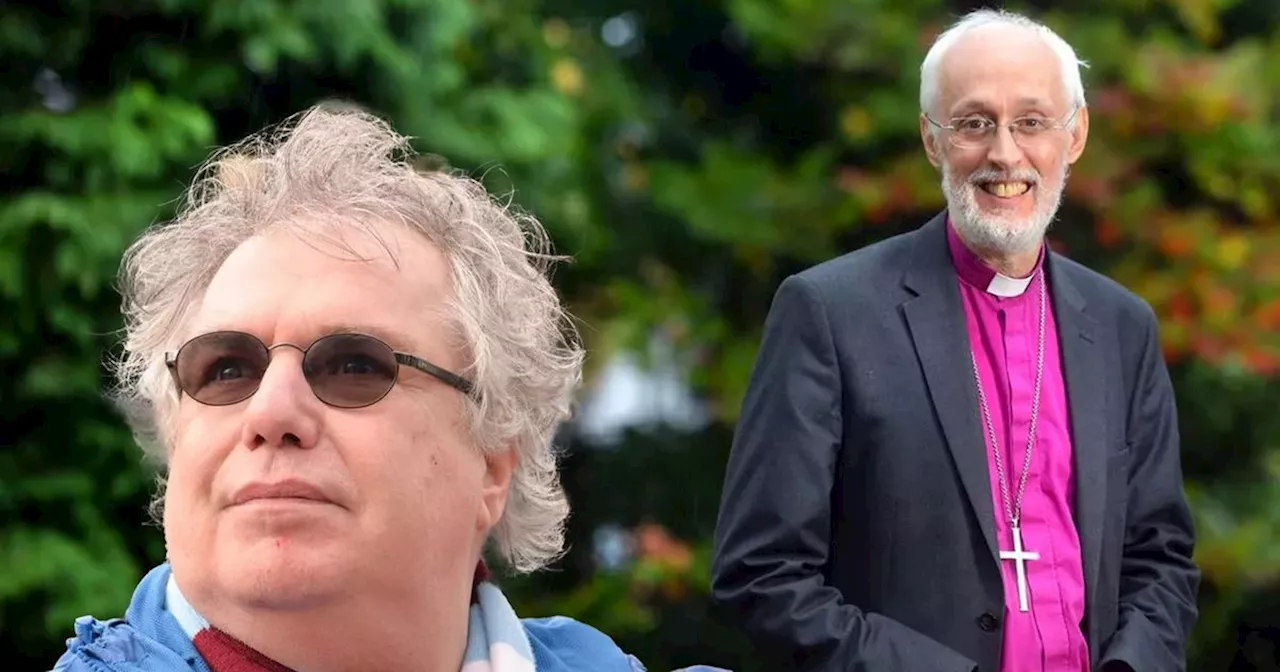 'I watched my father go through torture as the kind man I knew was destroyed'MPs will have their say on a proposed law to legalise assisted dying this month
'I watched my father go through torture as the kind man I knew was destroyed'MPs will have their say on a proposed law to legalise assisted dying this month
Read more »
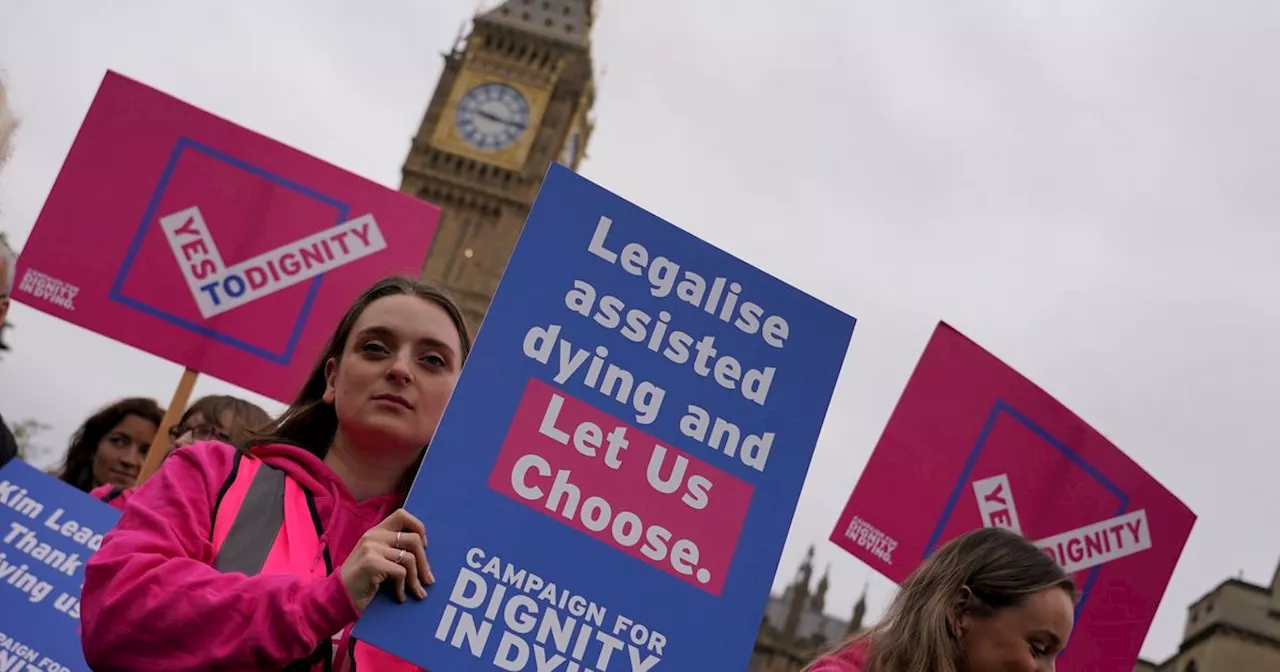 How Are MPs Planning To Vote On The Assisted Dying Bill?Kevin Schofield is Politics Editor of HuffPost UK.
How Are MPs Planning To Vote On The Assisted Dying Bill?Kevin Schofield is Politics Editor of HuffPost UK.
Read more »
 MPs urged to ignore flaws in assisted dying bill and vote for it anywayMPs are in growing turmoil over legalising assisted dying
MPs urged to ignore flaws in assisted dying bill and vote for it anywayMPs are in growing turmoil over legalising assisted dying
Read more »
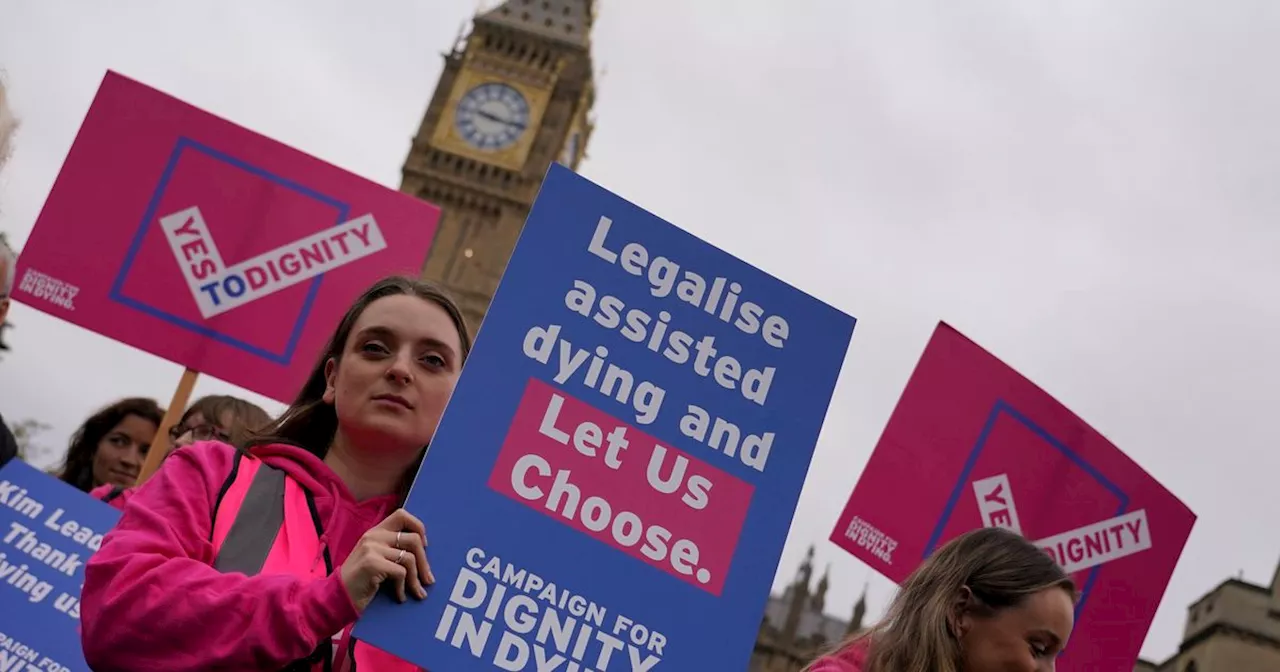 How Are MPs Planning To Vote On The Assisted Dying Bill?Kevin Schofield is Politics Editor of HuffPost UK.
How Are MPs Planning To Vote On The Assisted Dying Bill?Kevin Schofield is Politics Editor of HuffPost UK.
Read more »
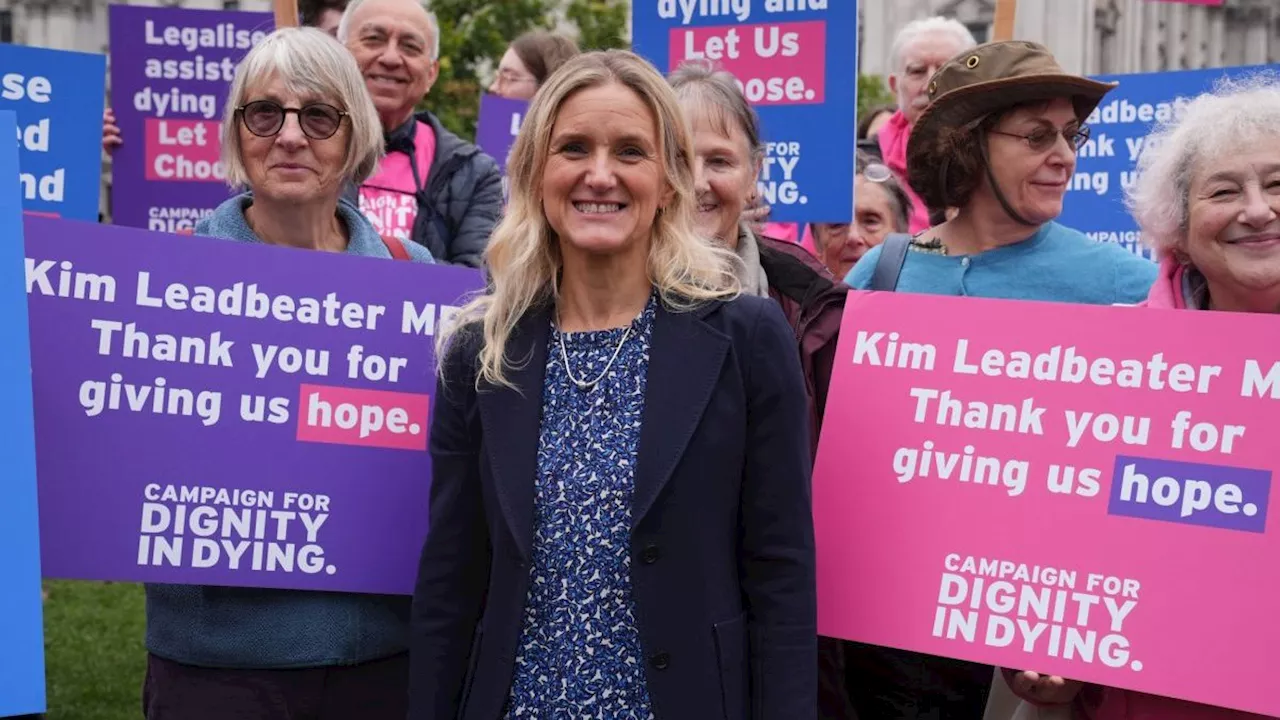 Cabinet split on legalising assisted dying as MPs prepare for historic voteAt least eight Cabinet ministers are likely to vote against the assisted dying bill at its first Commons hurdle
Cabinet split on legalising assisted dying as MPs prepare for historic voteAt least eight Cabinet ministers are likely to vote against the assisted dying bill at its first Commons hurdle
Read more »
